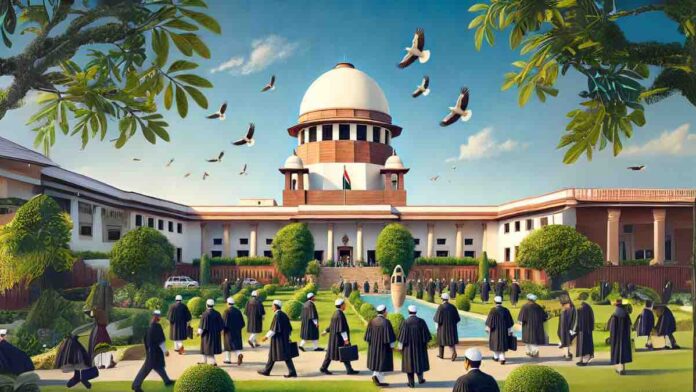In a significant ruling on the determination of juvenility, the Supreme Court of India has held that a school certificate, where the date of birth was recorded merely on the oral representation of a parent, cannot be considered conclusive proof of age. The Court gave precedence to public records like the Family Register and a
To Read More Please Subscribe to VIP Membership for Unlimited Access to All the Articles, Download Available Copies of Judgments/Order, Acess to Central/State Bare Acts, Advertisement Free Content, Access to More than 4000 Legal Drafts( Readymade Editable Formats of Suits, Petitions, Writs, Legal Notices, Divorce Petitions, 138 Notices, Bail Applications etc.) in Hindi and English.




